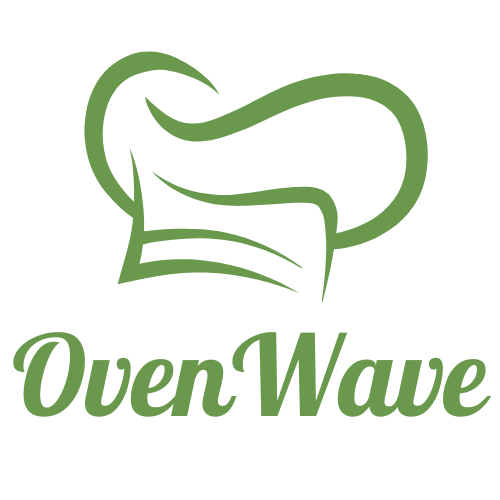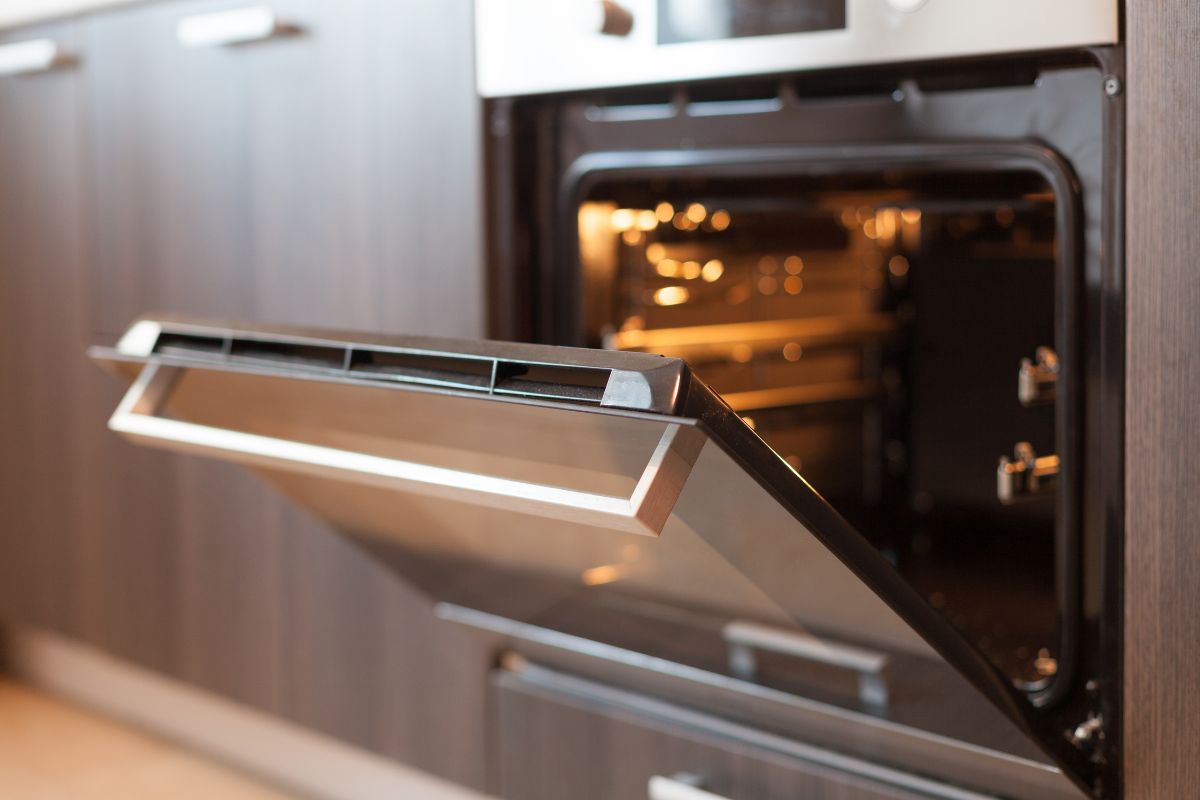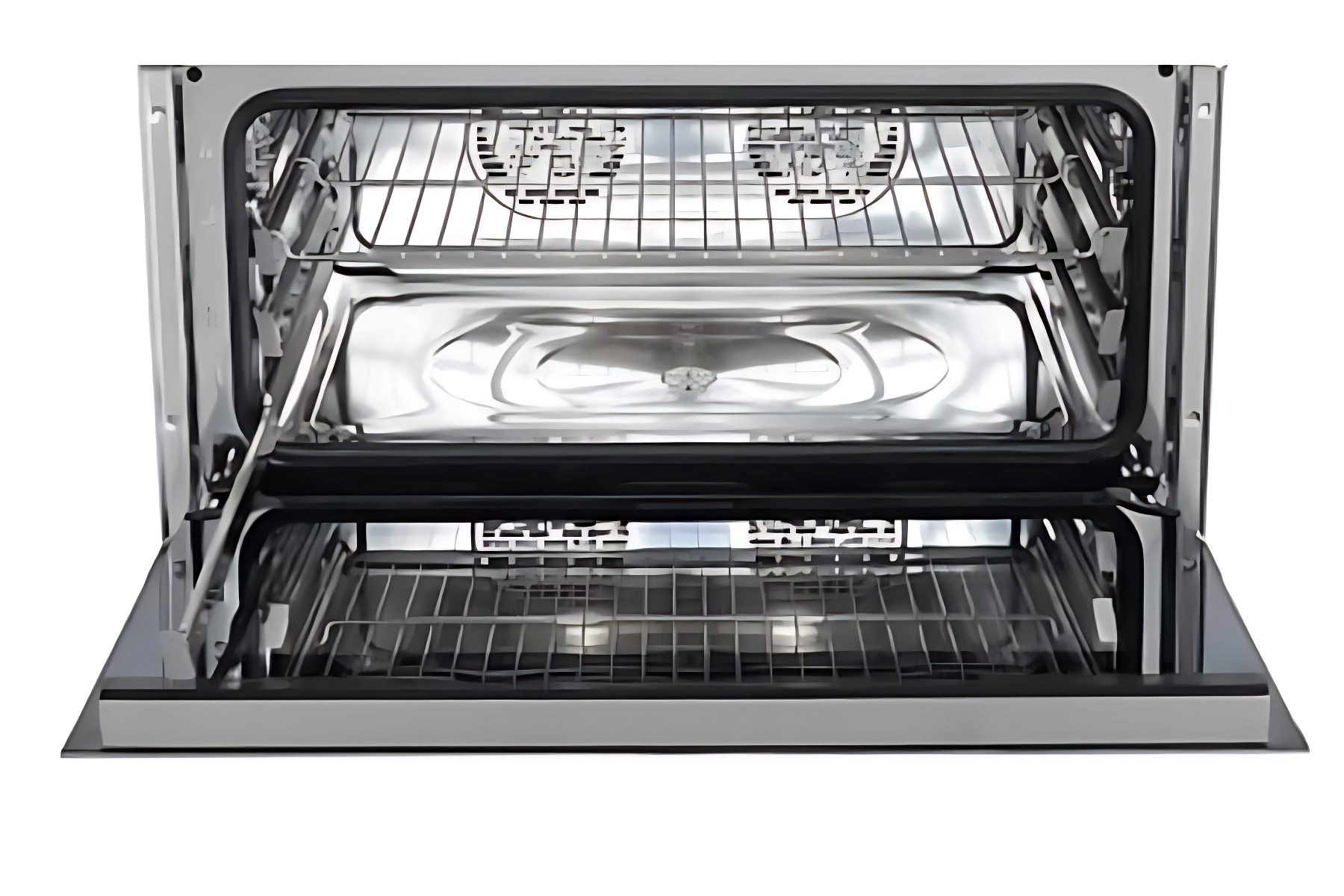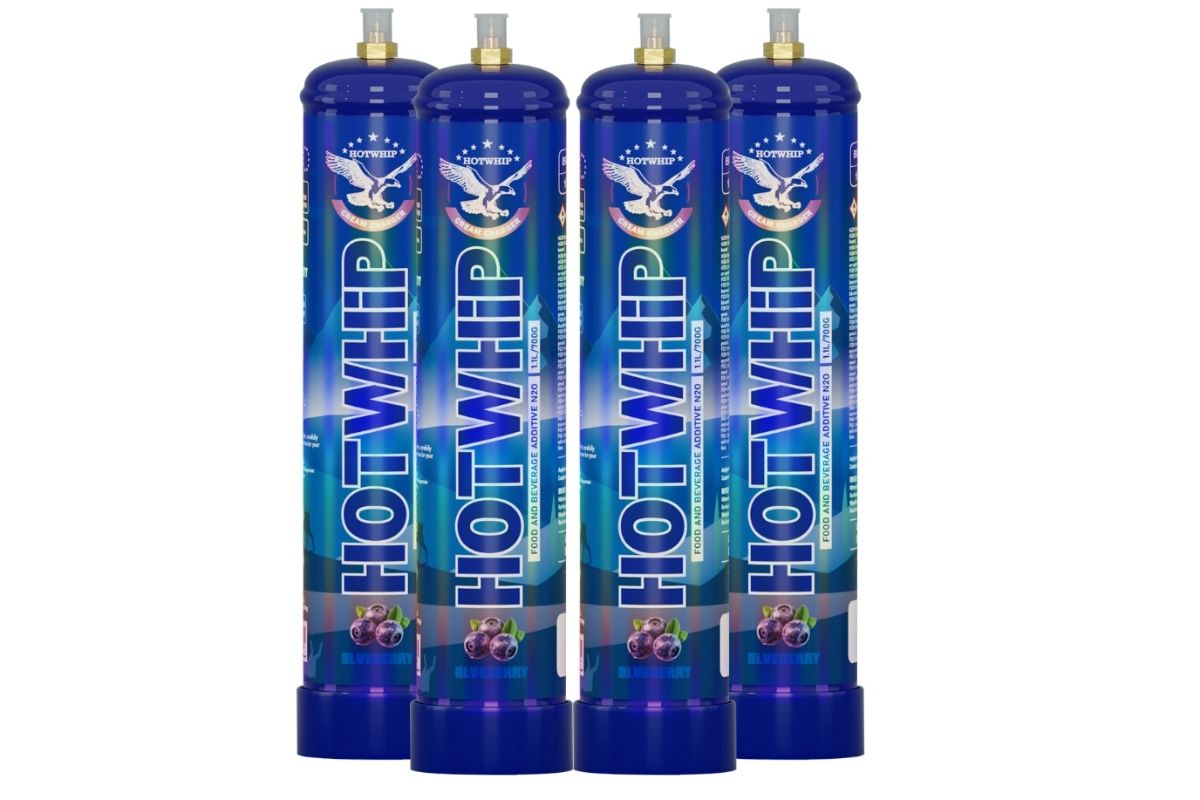Early in my cooking career, I never worried about cleaning my oven regularly. Honestly, I ignored it until the buildup became impossible to overlook. I still remember baking cookies that tasted faintly like last week’s pizza. That’s when I realized oven cleanliness matters more than I thought.
Regular cleaning isn’t just about looks. It directly impacts how your food tastes, how well your oven cooks, and even your health. Grease buildup can slow down cooking and cause uneven temperatures. Over time, old food residue can even become a breeding ground for bacteria. Staying ahead of cleaning helps your oven run efficiently and keeps your kitchen safer and smelling fresh.
Table of Contents
ToggleSigns Your Oven Needs a Clean (Don’t Ignore These)
How do you know when it’s time? I’ve learned a few clear signs you shouldn’t ignore.
Burnt or smoky smell during cooking
If you start noticing smoke or a burnt smell every time you cook, that’s a red flag. Old spills and crumbs heat up and burn repeatedly, causing smoke and unpleasant odors. The quicker you handle this, the better your meals (and kitchen) will smell.
Visible food residue or grease on surfaces
A quick look inside tells you plenty. If you see greasy patches or crusty, burnt food spots, your oven definitely needs attention. Letting this residue build up doesn’t just look bad—it affects taste and cooking performance too.
Uneven cooking or food taking longer than usual
One subtle but critical sign is noticing food not cooking evenly. Maybe your cakes rise unevenly, or dishes take longer to finish than usual. This often happens because grime interferes with how heat circulates. I’ve experienced it myself—cleaning fixes the issue every single time.
Pay attention to these signals. Addressing them early saves time, trouble, and keeps your oven at its best.
Cleaning Schedule Based on Oven Usage
How often should you clean your oven? That depends entirely on how frequently you use it. I’ve cooked professionally and at home for years, and trust me, how often your oven needs cleaning varies a lot. Let me break down exactly how often you should clean based on your cooking habits.
Daily Cooks: Staying Ahead of the Mess
If you’re someone who cooks nearly every day, your oven naturally picks up grease and food splatters faster. Waiting too long means more scrubbing and more headaches later.
Light Cleaning:
For daily cooking, I recommend doing a quick wipe-down once every week. It doesn’t need to take long—five or ten minutes tops. After the oven cools, wipe down obvious spots, like fresh grease splatters or crumbs on the oven floor. It prevents buildup from turning into baked-on grime.
Deep Cleaning:
Even with weekly wipe-downs, daily cooks should aim for a deep clean once every two to three months. This means pulling out racks, soaking them, and giving the oven interior a thorough scrub with your preferred cleaner. This deeper cleaning helps keep cooking efficient and your food tasting its best.
Weekly Cooks: Keeping Things Manageable
If you cook meals mainly on weekends or only a few days a week, you won’t see heavy buildup as quickly. But you still can’t completely ignore regular cleaning.
Routine Maintenance:
Weekly cooks can get away with a quick cleanup once or twice a month. Take about ten minutes to wipe down visible spots or spills after your oven cools. It stops grease and odors from building up.
Every four to six months, take the time to perform a deeper clean. Scrub racks, oven walls, and the door thoroughly. Less frequent deep cleans are usually enough since you don’t use the oven every day, but skipping them completely leads to eventual odors or uneven cooking issues.
Occasional Cooks: Staying Clean Without the Hassle
If you only use your oven for special occasions, holidays, or occasional baking, your cleaning schedule can be much lighter—but you still need one. Even an oven that’s barely used can collect dust or develop stale smells.
Minimal Upkeep Tips:
For occasional cooks, I suggest a quick wipe-down after each significant cooking session. It doesn’t have to be complicated. Just a damp cloth and mild soap usually do the trick. Check inside every month or so, even if you haven’t cooked much, just to ensure nothing unexpected is growing or lingering inside.
Deep Cleaning:
For ovens rarely used, deep cleanings once or twice a year should be enough. Schedule these around heavy cooking times, like right after the holidays, so your oven stays fresh and ready to go whenever you need it again.
Adjusting your cleaning frequency based on how you use your oven saves you effort and time. It also ensures better cooking results and a cleaner kitchen overall.
| Oven Usage | Light Cleaning | Deep Cleaning |
|---|---|---|
| Daily Cooks | Weekly quick wipe-down (5-10 mins) | Every 2-3 months |
| Weekly Cooks | Once or twice monthly (10 mins) | Every 4-6 months |
| Occasional Cooks | Quick check and wipe after use | 1-2 times per year (after heavy cooking) |
Special Cases (Adjust Your Schedule)
Some situations call for adjusting your oven cleaning schedule. After cooking especially messy foods like roasts, pizzas, or casseroles, it’s smart to clean up promptly. These dishes often leave behind grease or spillovers that bake onto surfaces quickly.
Holidays or heavy cooking periods also need extra attention. For instance, after Thanksgiving or Christmas dinners, I do a quick cleanup right away. It prevents leftover residue from building up, saving me from deep cleaning too soon afterward.
Quick vs. Deep Cleaning: When Each Is Needed
Knowing when to perform quick cleanups versus a deeper clean makes oven maintenance easy.
Regular surface cleaning means wiping up spills and crumbs weekly or monthly. It keeps the oven fresh between deeper sessions. A quick wipe-down prevents grease buildup and avoids unnecessary scrubbing later.
A full, deep clean is necessary every three to six months. This involves removing racks, cleaning glass doors, vents, and oven walls thoroughly. Deep cleaning ensures optimal cooking performance and extends your oven’s life.
How Often to Clean Special Oven Types
Different types of ovens require slightly different cleaning schedules.
Self-Cleaning Ovens:
These ovens can handle a deep clean themselves every three to six months. Just remember to remove racks beforehand. After the cycle, once the oven cools completely, wipe out the remaining ash with a damp cloth.
Convection and Steam Ovens:
Clean the fan areas of convection ovens every month to maintain efficiency. Steam ovens need a quick wipe after every few uses to remove excess moisture and prevent mold.
Pizza Ovens:
If using frequently, clean weekly to remove ash and burnt residues. Use a stiff brush to sweep out ashes once the oven cools. Regular cleaning keeps your pizza tasting great and prevents unpleasant smoke.
Risks of Cleaning Too Little (or Too Much)
Ignoring your oven leads to more than just a messy appearance. Bacteria can grow in old food residue, causing health risks. Unclean ovens also run less efficiently, increasing cooking times and energy use. Regular cleaning helps avoid these problems.
But cleaning too often, especially deep cleans, can damage your oven’s interior. Frequent harsh scrubbing or strong chemicals may wear down surfaces. Balance is key: regular light cleaning plus periodic deeper sessions keep things running smoothly without damage.
My Personal Cleaning Routine
As a chef cooking regularly at home, I keep things simple but consistent. Every week, I quickly wipe down surfaces after cooking meals that leave spills or splatters. This habit keeps grease from building up.
I schedule a deep clean roughly every three months. That’s enough to keep everything working well without causing damage from too-frequent scrubbing. Keeping a relaxed yet steady routine makes oven cleaning less daunting.
Frequently Asked Questions (FAQs)
Can you clean your oven too often?
Yes, especially with strong cleaners or scrubbing too aggressively. Frequent harsh cleaning can damage oven surfaces. Stick to a balanced schedule of light regular cleaning and periodic deep cleans.
What happens if you never deep clean your oven?
Old food residue and grease accumulate, causing unpleasant smells and smoke. Bacteria growth becomes a risk, and cooking becomes uneven and less efficient over time.
Does a self-cleaning oven really need extra cleaning?
Yes, occasionally. The self-cleaning cycle handles deep cleaning but still requires wiping ash away afterward. Regular surface cleaning between cycles helps keep your oven at its best.







